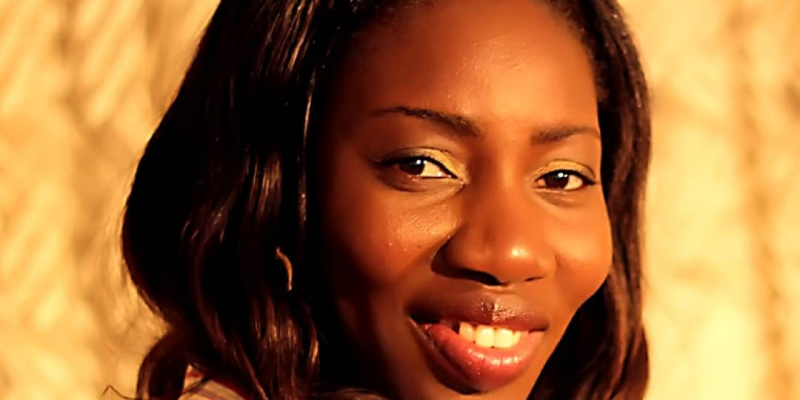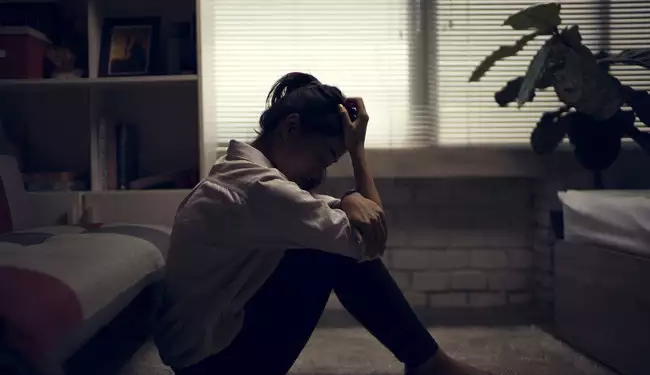Hello everyone!
In an interview with PLEAcenter, I have to apologise that the article is quite long. Hence we have tried to present it in three parts.
However, I can assure you that you will enjoy every bit of the information therein.
In the first part, I talk expressively about my interests, feminism, gender issues, and the rights of women.
Enjoy!!
PLEACenter: Good day Madam. For the sake of our readers, kindly tell us about yourself.
My name is Boladale Mapayi, and I have spent most of my career in mental health and the field of advocacy. I hold a Bachelor’s degree in Medicine, a Master’s degree, and Ph.D. in Clinical Psychology from the Obafemi Awolowo University (OAU), Ile-Ife.
I am a fellow of the West African College of Physicians (Psychiatry) and have specialized training in REBT (Albert Ellis Institute). I am currently a Senior Lecturer and consultant psychiatrist at OAU/OAU Teaching Hospital. I am also an Associate Lecturer and examiner with centers for gender in OAU and Ekiti, the center for child and adolescent mental health in Ibadan, Nigeria, and the University of Johannesburg, SA.
My research interests focus on women’s mental health, adolescent mental health, and gender-based violence. I am an advocate for gender equity, women empowerment, and a rights-based approach to health interventions.
PLEACenter: We are aware that you are an advocate for the rights of women and the eradication of gender-based violence. Why do you believe this is a just cause?
I believe in equity and fairness. This is not just for women but for all people. I believe that in creating an environment where all members of the community are able to bring their ideas to the table without fear of being put down, we can only make progress. It does us a great injustice to deny a subset of the community certain rights based on their difference, whether that difference is gender, age, ethnicity, religion, or sexual orientation to mention a few.
PLEACenter: What are your views about feminism and gender equality? Are you a “feminist”?
Yes, I am a feminist and we all should be. I often find myself hesitating when I am asked if I am a feminist. I hesitate not because I am unsure of whom I am but because feminism, like a number of other words, has become a label, a cliché, a largely misunderstood concept.
Who is a feminist? A feminist is an advocate for women’s rights on the ground that all genders are equal. Feminism is about all genders having equal rights and opportunities. If this is the case, then how can we not be feminists?
People have often told me that gender equality is impossible, what we should strive for is gender neutrality. I beg to differ. Once there is a difference, then we must strive to ensure that all subsets are given equal rights and opportunities. People have used religious, political, and cultural arguments to support gender inequality. These same arguments have been used in racial debates and in the same way (no matter how eloquent they are) they are hinged on the premise that one person is less important than another based on certain characteristics, in this case, gender. This often leads to discrimination, stigmatization, and a whole range of negative phenomena which lead to negative outcomes for particular subsets, in this case, the women.
People often argue that we should relinquish gender equality and ask for equity. I say we need both. We need to create equal opportunities for all genders and we need to ensure that resources are made available proportionate to the need of all genders. As a society, we need to embrace inclusivity, equity, and diversity.
PLEACenter: You are a seasoned mental health expert. Your experience as a clinician is almost 2 decades-long now. You have also worked in both developing and developed settings.
With regard to mental health resources for women, are there any differences across the climes?
There are gender-related differences between women’s and men’s experiences of mental illness and mental health services. We find that mental health service design and delivery frequently fail to take gender into account.
Women are more likely to experience common mental health conditions than men – this is particularly stark among young women, who are 3 times more likely than young men to experience a common mental disorder, such as anxiety or depression.
The role of women as mothers and carers also affects their course through the mental health service pathway and must be considered.
In our country, women’s mental health services are not stand-alone and as developed as in other climes. We do not have specific one-stop centers where women’s mental health needs can be met.
PLEACenter: What is missing in a country like Nigeria with regards to the mental health promotion of our women?
We need more specialized centers that will cater to the unique needs of women within the mental health service pathway. We need to pay more attention to how our mental health services are designed and delivered to avoid inadvertently discriminating services that are not tailored to suit the needs of women. We need more MBUs (Mother and Baby Units) that will provide care for mothers without disrupting the bonding process and we also need better social support networks for women especially around violence in relationships.
We also need to involve women in the planning and design of mental health services.
PLEACenter: What do you think we have that is a positive thing for us to keep in our setting with regards to the promotion of the mental health of our women?
We have a fantastic informal support network for women and by women within the community. Unfortunately, this support system is erratic and not available to everyone. It is also still largely riddled by patriarchal underpinnings that seek to reduce value and therefore the ability to contribute to the greater good for the average woman.
We have advocates from the professional mental health sector who recognize the importance of women’s mental health and continue to gather information on situation analysis and needs for women’s mental health and also continue to raise awareness and advocate for better services for women. I must not forget to mention the CSOs who have tried to bridge the gap by providing essential services to improve the health and wellbeing of Nigerian women.
To be continued…………


